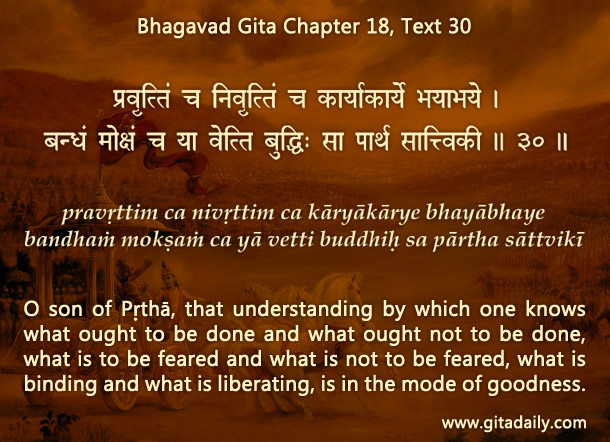Intelligence means to know when to stick to our words and when to not stay stuck with our words. Our trustworthiness is determined, in the eyes of others, to a large extent by our words, especially by the words where we promise to do certain things. If we don’t stick to those words, then we lose the trust of others.
That’s why, in most cultures and societies, honoring one’s words is considered to be a fundamental and defining characteristic of a respectable person. It requires courage and commitment to honor our words, especially when those words will cost us something substantial, and all the more so when we could have a convenient or expedient shortcut by deciding to let go of those words.
While it’s important to cultivate truthfulness as a general virtue in our speech, truthfulness in formal occasions such as legal documents, court proceedings, or sacred forums becomes even more important, for words here have moral and legal implications.
While it’s undoubtedly important to honor our words, it’s equally, if not more, important to consider the consequences of our actions, including the action of either sticking to our word or failing to do so. Because the world is so complex, life so unpredictable, and people’s behavior so variable and fickle, we need to consider how our commitment to our words is going to contribute to an outcome—positively or negatively.
Suppose we promise to help a friend who has helped us, and then the friend asks us for help in covering up a murder they have committed, or asks us to become an accomplice in a planned murder. Does our promise to help that person bind us to do whatever they want us to do?
While truthfulness is an important principle, it is not the sole principle guiding one’s life, which involves a hierarchy of values. Not committing a grave crime like murder, especially when directed against an innocent person, is a far more important value than honoring our word.
In the Mahabharata, Karna lets himself be stuck with his word to forever be a friend of Duryodhana, and thus ends up on the wrong side in the righteous war at Kurukshetra. When Karna promised Duryodhana to be his friend forever, he had no idea about how Duryodhana was driven by such deep-rooted greed and envy toward his cousins, the Pandavas, and how he would degenerate to reprehensible acts such as trying to burn them alive sneakily, instead of challenging them to a fight openly and honorably.
By sticking to his word even after Duryodhana’s character was revealed, Karna not only ensured that the Kurukshetra war led to massive destruction in the Kuru dynasty but also caused his own death along with that of his friend and his friend’s brothers.
Pertinently, the Bhagavad Gita (18.30) urges us to cultivate holistic intelligence—an intelligence that considers all the relevant factors, including the consequences of our actions, before we decide what is the right thing to do.
Summary:
- Sticking to our word, even when it is not convenient, shows a depth of character and commitment that is laudable.
- Evaluating whether sticking to our word contributes to an overall beneficial result or leads to an unfair or horrible result shows a sharpness of intelligence and insight that is remarkable and rare.
- If we stay stuck with our words, even when doing so leads us to actions that corrupt or violate other sacred values, we end up exhibiting that our intelligence is insufficient and even counterproductive.
Think it over:
- Why is it important to stick to our words?
- Why is it important to consider other factors when sticking to our words?
- What are the characteristics of holistic intelligence with respect to honoring our words? Explain with an example from the epics.
***
18.30 O son of Pṛthā, that understanding by which one knows what ought to be done and what ought not to be done, what is to be feared and what is not to be feared, what is binding and what is liberating, is in the mode of goodness.



Leave A Comment